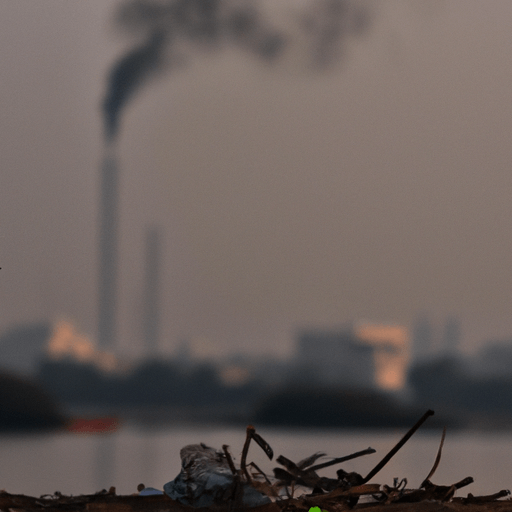403
Newsletter
Subscribe to our newsletter for exclusive content, latest news and trends, and exciting new features.
Categories
Home and gardenTravel and tourism
Food and cookingSports and fitnessScience and natureTechnologyBeauty and personal careEducation and learningLifestylePets and animalsGaming and esportsLiterature and writingEntertainmentArts and cultureBusiness and entrepreneurshipEnvironment and sustainabilityHealth and wellnessMusic and Entertainment



















Comments
Leave a Comment